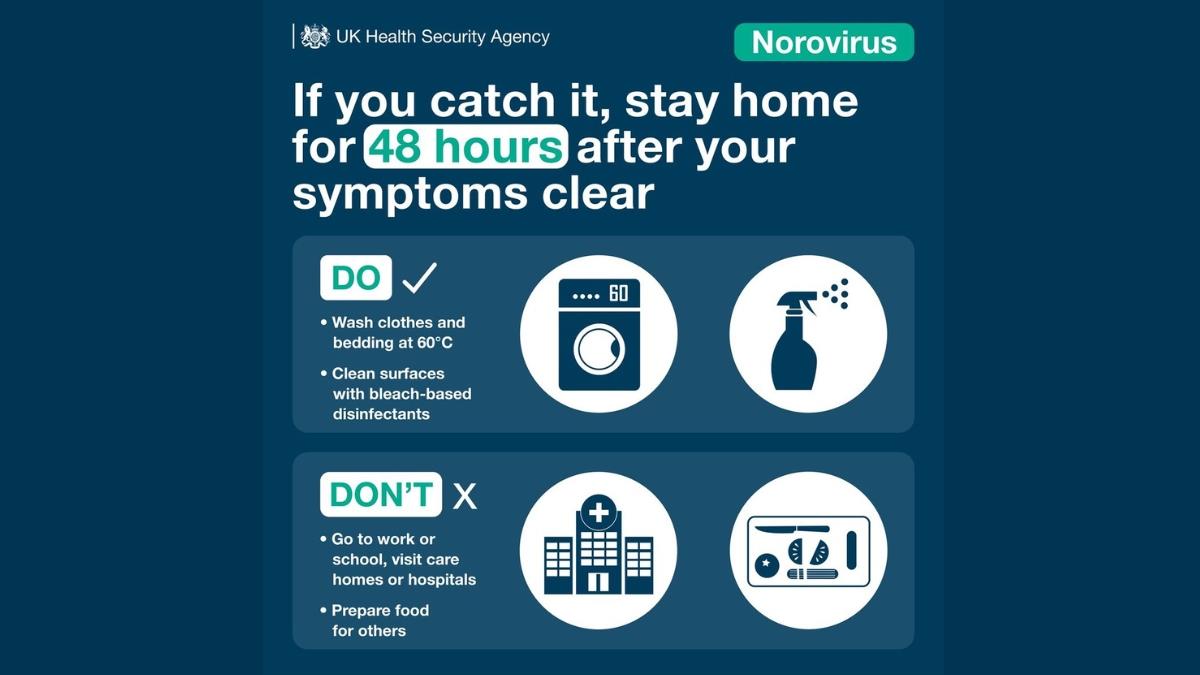410 people now in hospital with flu
Published on 28/12/2022
Over 400 people are now in hospital with flu across Birmingham and Solihull.
The worrying rise is following a national trend; however this is putting a huge amount of pressure on hospital capacity, with several wards at University Hospitals Birmingham’s (UHB) hospitals filled with patients experiencing severe flu complications.
Prof. Dhruv Parekh, Associate Professor in Acute and Critical Care and Consultant in Critical Care and Respiratory Medicine at UHB said:
“We’re seeing a worrying number of patients being admitted to our hospitals and our critical care units with respiratory failure, as a result of flu infection. This is the same trend being seen around the country, however we now have 410 inpatients with flu.
“We haven’t seen these numbers of serious flu infections since before the COVID-19 pandemic, and never at this level, so it is very concerning for so many patients to be admitted with flu.
“We do have young patients, pregnant patients, as well as people who would not typically fall into a vulnerable category, experiencing serious complications such as pneumonia and organ failure; these patients are now receiving critical treatment, including being sedated and ventilated.
“Unlike COVID-19, there are no specific drug treatments for flu, other than oxygen and supportive care when in hospital. Therefore prevention by having a flu vaccination is the best thing the public can do; it can largely prevent the most serious cases ever reaching a hospital, let alone a critical care unit. It is the most vulnerable who are at the highest risk, just as with COVID-19, so please consider having a flu vaccination to protect yourselves, and others, who may not fare as well as you.”
UHB’s Chief Nurse and Director of Infection Prevention and Control, Margaret Garbett, advises:
“A&E and hospital capacity are under pressure from flu and other respiratory viruses, but unless you are experiencing the most severe symptoms, you should use NHS 111 online, call NHS 111 for advice, or speak to your local pharmacy team.
“Flu can come on quickly; this can make you feel exhausted, achy and have a high temperature. You can also have a sore throat, cough and reduced appetite. Most often you will not want or feel able to leave your bed.
“Staying hydrated, resting and keeping warm will often help your recovery, along with over-the-counter flu remedies containing paracetamol or ibuprofen, that will help to keep symptoms at bay.
“I would also highly recommend getting a flu vaccination to help limit the spread, as flu can be a killer, and we now have sadly experienced a death from flu in our hospitals.
“Flu vaccination helps limit the spread of the virus and reduces the need for hospital admission, helping to keep our NHS services running for the people in Birmingham and Solihull.”
For more information about flu, including how to avoid spreading it and information about the flu vaccine, please visit the NHS website.


